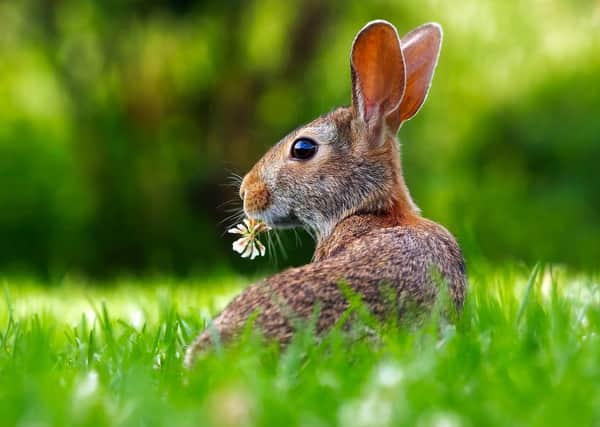Six-figure funding for ‘groundbreaking’ wildlife corridors


If approved by the full council next month, the money will be taken from the Community Infrastructure Levy – funds collected from developers and spent on local infrastructure – to pay the bulk of the £665,000 cost.
The rest will come from Network Rail.
During a meeting of the cabinet on Tuesday (October 5), members were told that the work – on 60 sites between the South Downs National Park and Pagham and Chichester harbours – will be carried out in conjunction with the landowners.
Advertisement
Hide AdAdvertisement
Hide AdIt will include tree, hedge and woodland planting, rewilding areas, creating wildflower meadows, installing green bridges, creating ponds and restoring ditches for water voles.
Susan Taylor, cabinet member for planning, said: “This is a project of which [the council] can rightly be proud.
“And at a time when the importance of the environment to both physical and mental health – as well as the awareness of the fragility of nature – has never been more apparent, the implementation of strategic wildlife corridors is a positive step forward.”
She added: “The proposed strategic wildlife corridors will allow species to migrate for food and breeding. It acknowledges that wildlife sites cannot exist in isolation but need connections to other sites and habitats.
Advertisement
Hide AdAdvertisement
Hide Ad“This will ensure connectivity for wildlife and increase resillience for species.”
The meeting was told that the project was so impressive it had been cited and used as a case study by consultants compiling a report for other local authorities, as well as by Natural England.
As well as the wildlife benefits, it will also sign-post landowners towards funding for other enhancements through schemes such as the Forestry Commission’s Woodland Creation Fund; the Woodland Carbon Fund; Natural England’s Higher Level Stewardship Scheme and any opportunities for funding under the proposed new Biodiversity Net Gain Scheme.
Local people will be encouraged to ‘adopt’ important sites within the corridors to be enhanced and managed for wildlife through volunteering and over the longer term.